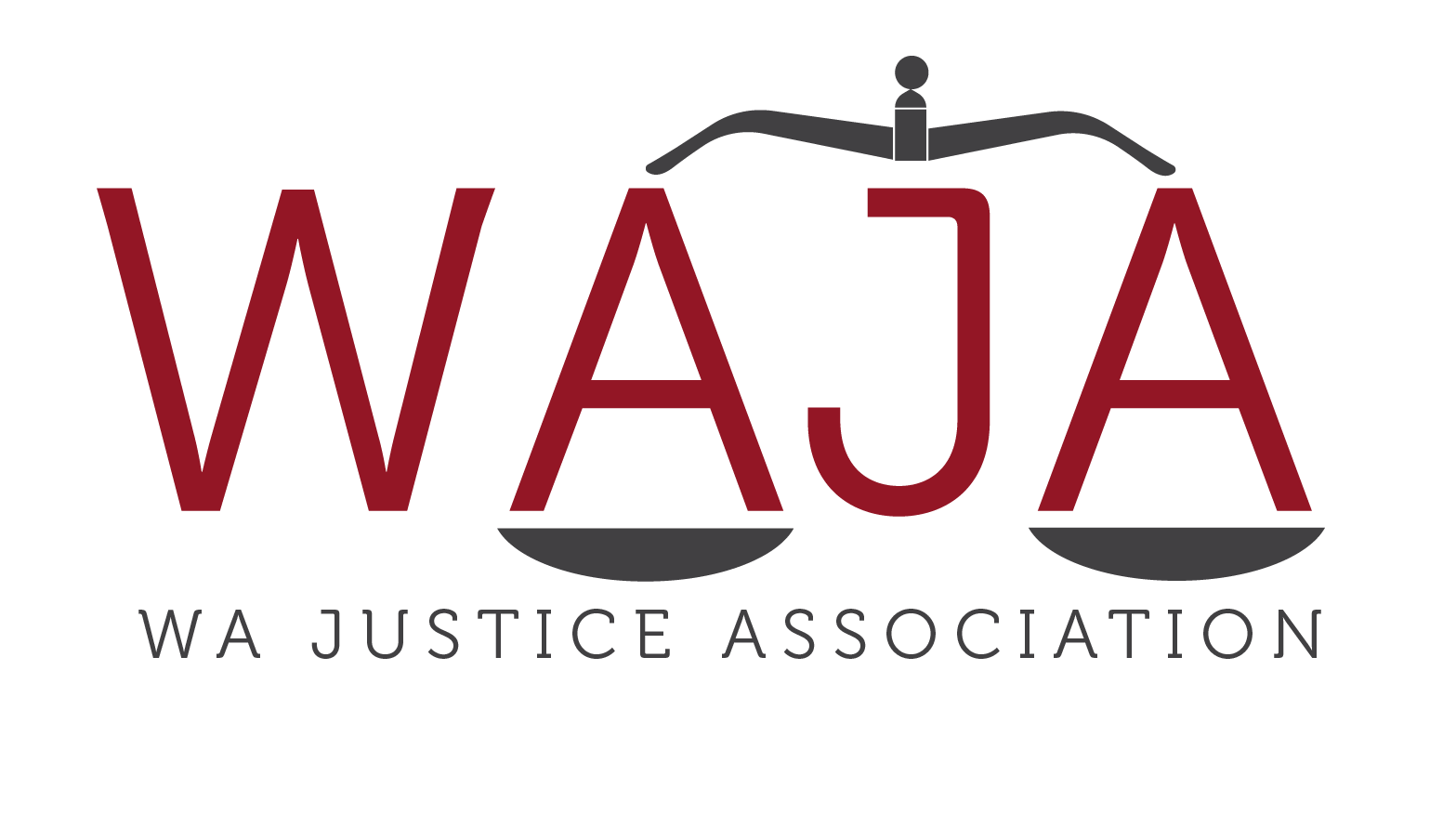Individual Placement and Support (IPS) Program Team
Individual Placement and Support (IPS)
Team: Jessica Huynh (Team Leader), Olivia Trimboli, Mishka Isaacs, Natalya Mulvey and Leila Pinilla.
Partner Organisation: Western Australian Association for Mental Health (WAAMH)
Project Supervisor: Roshani Shrestha
Project Mentor: Libby Plajzer and Julian Sanders both of preeminent global law firm Herbert Smith Freehills.
Aim: Following on from an initial Project between WAJA and WAAMH in late 2021, the team aims to take the findings of the previous report to demonstrate how the IPS Program, which supports people with mental health conditions to gain employment, could be used in a criminal justice context.
Purpose: The purpose of the project involves the team undertaking extensive consultation with key stakeholders, investigating opportunities for embedding IPS into existing services, and designing a preliminary IPS program.
WAAMH Project Team
Individual Placement and Support (IPS) Model for People with Mental Health Issues in the Criminal Justice System
Team: Shiya Tee (Team Leader), Rhianna Dehne, Alex Di Rosso, Aisha Chaudhry and Jessica Huynh
Partner Organisation: WA Association for Mental Health (WAAMH)
Project Supervisor: Roshani Shrestha (Senior IPS Support & Evaluation Officer – WAAMH)
Project Mentor: Jay Leary and Libby Plajzer, both of preeminent global law firm Herbert Smith Freehills.
Aim: The aim of this project is to produce an implementation guide that describes a proposed IPS model of employment, supported by an accompanying research report which provides an evidence base for its integration into the WA criminal justice system.
Purpose: The purpose of this project is to address the overrepresentation of people with a mental illness in the criminal justice system by analysing the potential use of a specialist mental health employment service to prevent recidivism. The final paper will address some of the key factors and challenges of implementing this service in the criminal justice setting, and the findings will be incorporated into the next phase of WAAMH’s Prevent Support Heal campaign.




